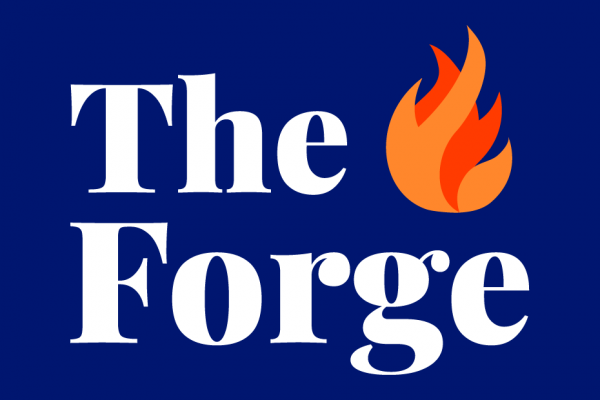In The News: Banks Sell Loans to Private Credit in Balance Sheet Twist (Bloomberg)
“The major driver of the growth in private credit has always been to get around regulations,” said Andrew Park, a senior policy analyst who focuses on private credit at Americans for Financial Reform, a Washington-based coalition of consumer and investor advocates. He pointed to previous ways risk has shifted to non-bank markets when new rules are imposed. “The answer is not loosening bank regulations but rather properly monitoring and containing the risks in the private-credit market,” he said.








